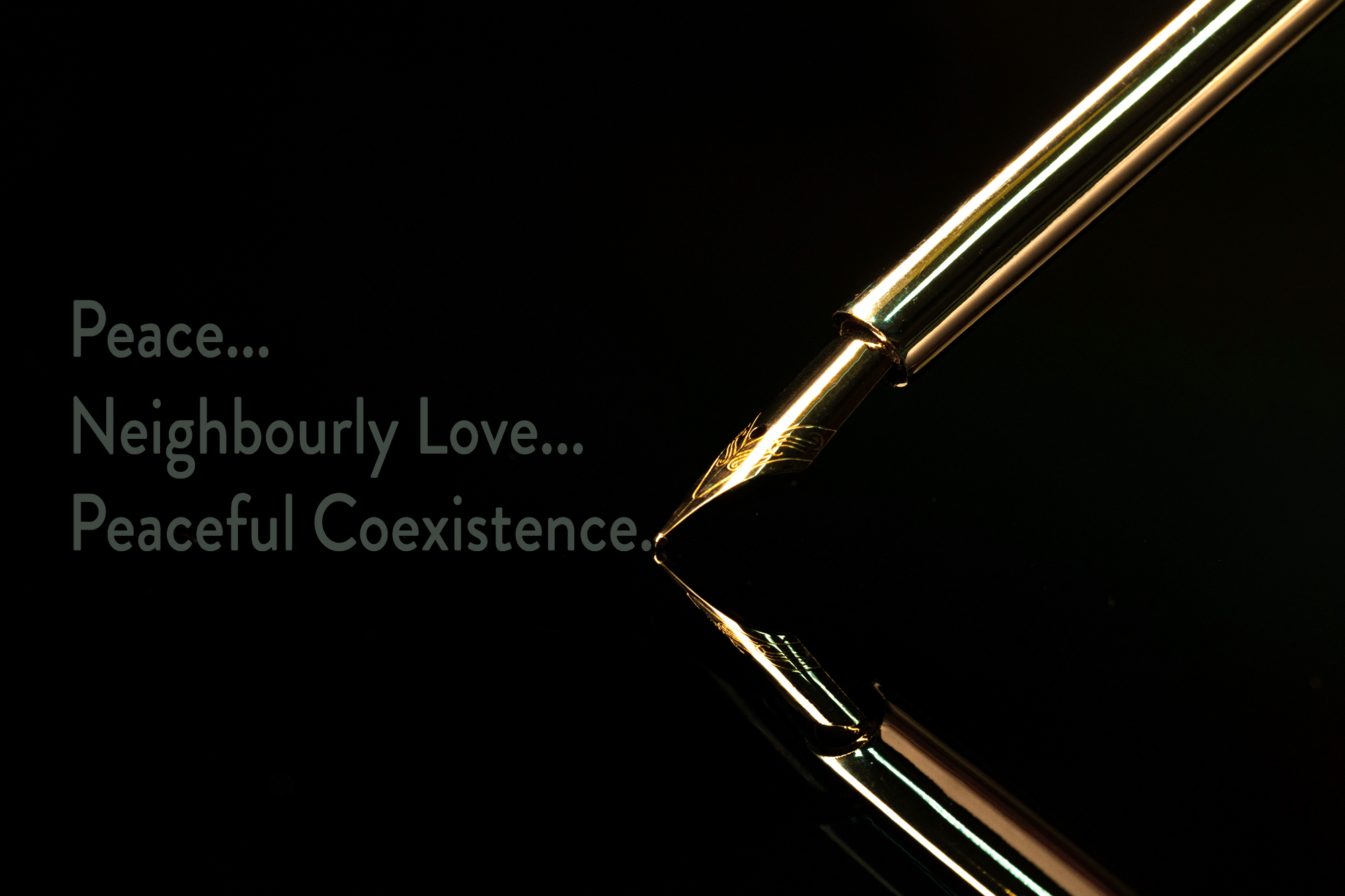Women, Men and Relations(hips) – or: Equality of the Sexes
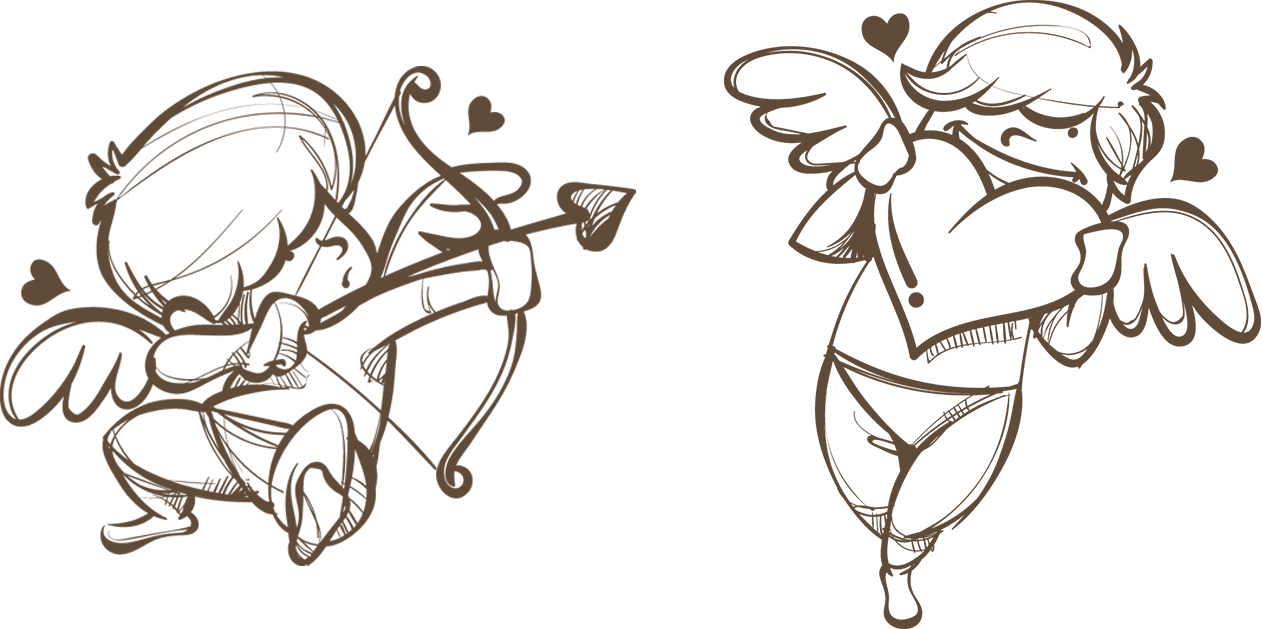
The traditional, age old approach, not to say unwritten law, is this:
-
- Woman is decorative, enticing, alluring and eventually going out of her way to please a man/men.
- Men look at women and judge them (sometimes harshly) by their looks.
- When somebody decides in this ‘game’, it’s the man, who takes the steps, makes the move.
- The woman is supposed to show her utter delight with the fact that the man actually ‘deigns’ to take notice of her and perhaps even is willing to have sex or – God forbid – a relationship with her…
- Behind it is the yet strong but older concept of women being dependent on men, for provision and – protection.
The idea that women live for themselves, depending on each other rather than men is even older, though.
This is another aspect of love and (power) relationships I have posted more than once about… a central subject in human art forms, apart perhaps from war…
Another not so pretty example is what can happen in business and has been even subject of major Hollywood feature movies such as “Disclosure”, 1994, starring Demi Moore and Michael Douglas: The power relation traditionally being the man in power and the woman almost forced to have sex with him in order to stay safe, in place – or get promoted.
It’s been reversed for this movie – and at the time caused a heated discussion as to how realistic the movie was – or if it wasn’t rather making the story too voyeuristic to be of any real value…
I am personally lucky to never actually have been subject to such treatment.
Partly due to my personal preference I believe to choose rather than be chosen…
Yet, my heart goes out to all of those women who still for one reason or another feel compelled or even forced into relations – rather than relationships – because they fear to be alone; to be without a man; and be ultimately judged by that fact by the community or their surroundings.
Finally, one point I’d like to raise too is another craze I seem to have observed in the course of a rather long life:
The idea that as a woman, indeed a human being, you would naturally be inclined to have sex on any occasion presenting itself because in modern times we’ve learned it’s natural…? The more the better…?
I’d like to point out that there is ample proof of man (and woman) being in possession of what has been called a soul 😉 – as well as a body – and that a human body is more than the sum of its parts…
I am, simply put, for that equation:
Every man and woman ‘their way’ – as long as we are talking about consenting adults.
I like too, how it was put in that fine scene from the movie “Harry and Sally”, considered to be a classic these days:
Secret(s) of Love and Affection and Passion
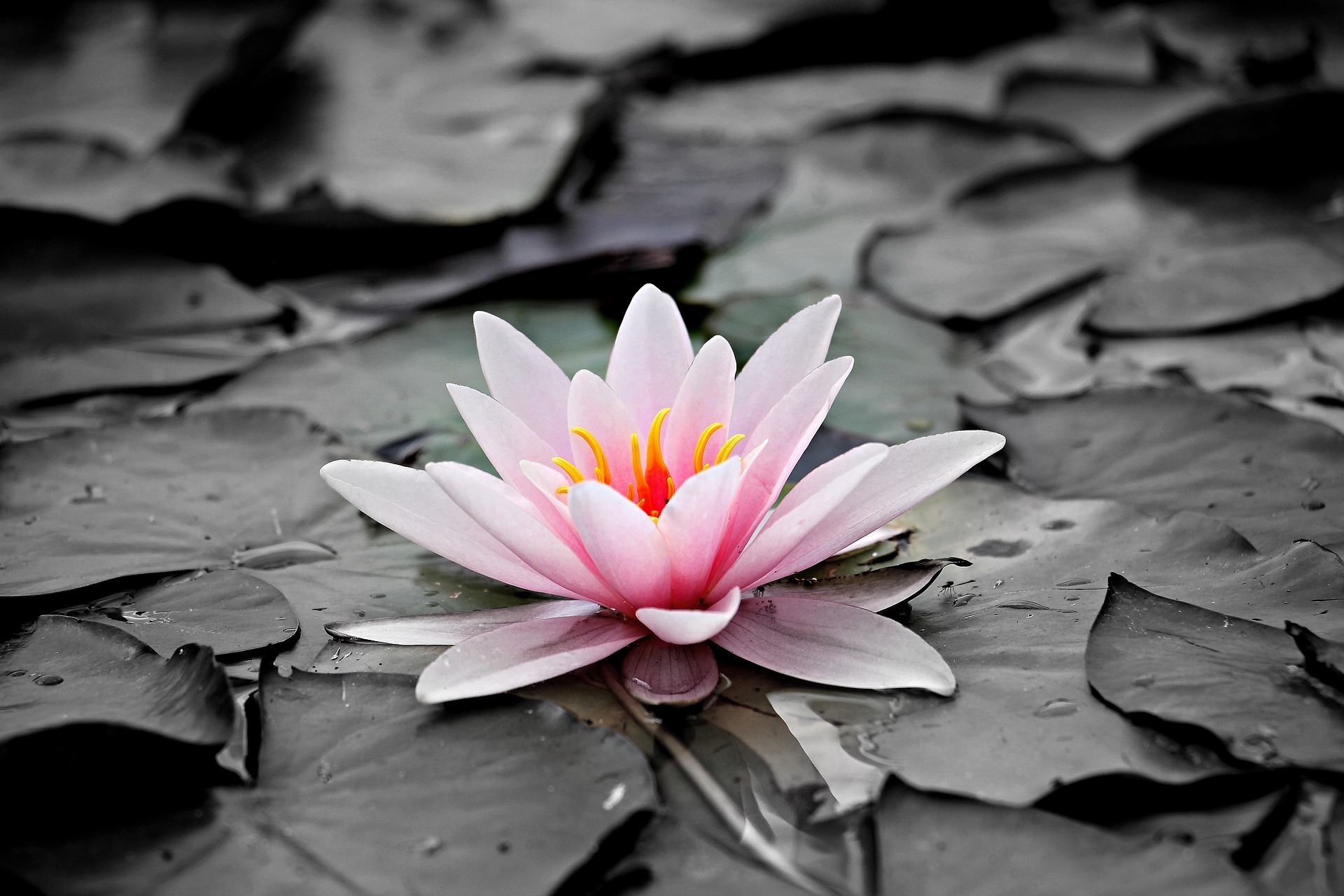
Can I say anything definitive about it – when so many others seem to have failed? There’s romance to be considered – and jealousy, there’s loneliness that sometimes makes people rush into things; there’s fear of rejection, and heartbreak. The stories and plays, poems and songs that have been made are legion; I wonder if not the whole of mankind is seeped through and through with the eternal quest for love and passion and safety – and often in vain.
I always wondered why people are and behave the way they do. Why? Pain, especially. Why would people cause others pain on purpose? Revenge is also a subject in that sphere…when emotions or just pride are hurt and people start out on a hunt, as it were, to avenge themselves.
There are the archetypes that C.G. Jung, a successor of Sigmund Freud, defined: Symbols as figures, ideas of human types of behaviour, such as the bridesmaid, the bride, the damsel in distress and so on.
Many ideas we come in contact with are involved with the idea of love. The very basic longing for harmony and closeness with another human being that Erich Fromm called the need for overcoming the feeling of separateness (quoted from memory).
As most of us I have gone through some pain in that respect myself – as well as some joy.
There are patterns of human behaviour, male and female that you often find mirrored in (usually) cheap movies and stories: They ‘feed’ on those stereotypes and can be rather distracting, if you do not look beyond the images. For your own truth as well as of that of the other person.
Patterns of power relationships are involved, deeply sometimes and most of it not consciously: In patriarchy the man is to be supposed to be always cool, calm, collected and ‘on top’ of the situation. That means that he may tend to look for a life partner slightly his inferior in education, upbringing, or income, in order to feel like a ‘real’ man.
Women in turn may easily tend to look for a ‘strong, superior’ man in order to fulfill those roles.
Sometimes these roles are a safe bet.
Sometimes they are not.
The basics I learned to be true too, by reading, observation and my own experience are these:
-
- We tend to look for a partner who understands – us.
- Passion may perhaps be easy to come by – if you are not too particular; some apparently get ‘sozzled’ with intake of substances to make that part easy. Some buy it.
- Some wait for a long time to combine the ‘nature and nurture’, the experience and personal liking with a ‘soulmate’, in love and passion. My special regards to all of you people of like minds!
Whatever you do, remember these two ideas, to me they make the most sense of all:
In passion: All is fair as long as it is not done with children – and not by force. Consenting adults.
In love: “Whatever works.”
References:
Erich Fromm: The Art of Loving (Die Kunst des Liebens, German)
Alexander Lowen: Love, Sex and Your Heart (Liebe, Sex und Dein Herz, German)
Steve Biddulph: The Making of Love (Wie die Liebe bleibt, German)
Paul Watzlawick: The Situation Is Hopeless, But Not Serious: The Pursuit of Unhappiness (Anleitung zum Unglücklichsein, German)
Gerti Senger: Alles Liebe (German)
Phone, no Phone – ‘I Phone’?

I love phones – now and again – in moderation…
Phones from the beginning were a status symbol – like cars – or a big house; because the first models of a new technology always are expensive.
People use smartphones these days for all kinds of things – even for phoning someone…
But there’s a few of us I believe, who do not use phones often – or carelessly.
With 22 job references and certificates and letters of recommendation to my name one thing is certain: I have ample experience. Due to my studies that I had to pay for mainly by myself for a long time while raising my son – and thus earning a living at many different places of work – I have met all kinds of types of people – in regard to phones:
-
- Those who do not like to use phones at all. At any time.
- Those who love them and are on the phone – all the time.
- Those who use phones only at certain times during their day, plan even for time slots to do their phone calls in.
- Those who feel that too much words are wasted anyway – and do not either answer or use the phone.
- People who use the phone only when scheduled calls come in.
You may know a few others, but those are the basic use cases I have encountered.
I often feel phone calls to be a sort of time wasted: So often in business it’s crucial to later have notes of what was said.
You have to write notes and write emails in addition to phone calls to remind everyone of what went on. So apart from phoning people you also write. Additionally.
If I like the other person, I may enjoy talking to them; but to me that’s a sort of ‘danger’ – I am talkative by nature – and before I know it I settle down to talk for a while.
There are times when you like the other person but you know there’s so much to do; you are not sure what they want; you cannot see them and look them into the eye. Smile a little to ease things along.
I love talking to people in person – at leisure – and with all the time of the world – and a cup of coffee in front of us, perhaps.
Weekends – Writing – Wellness
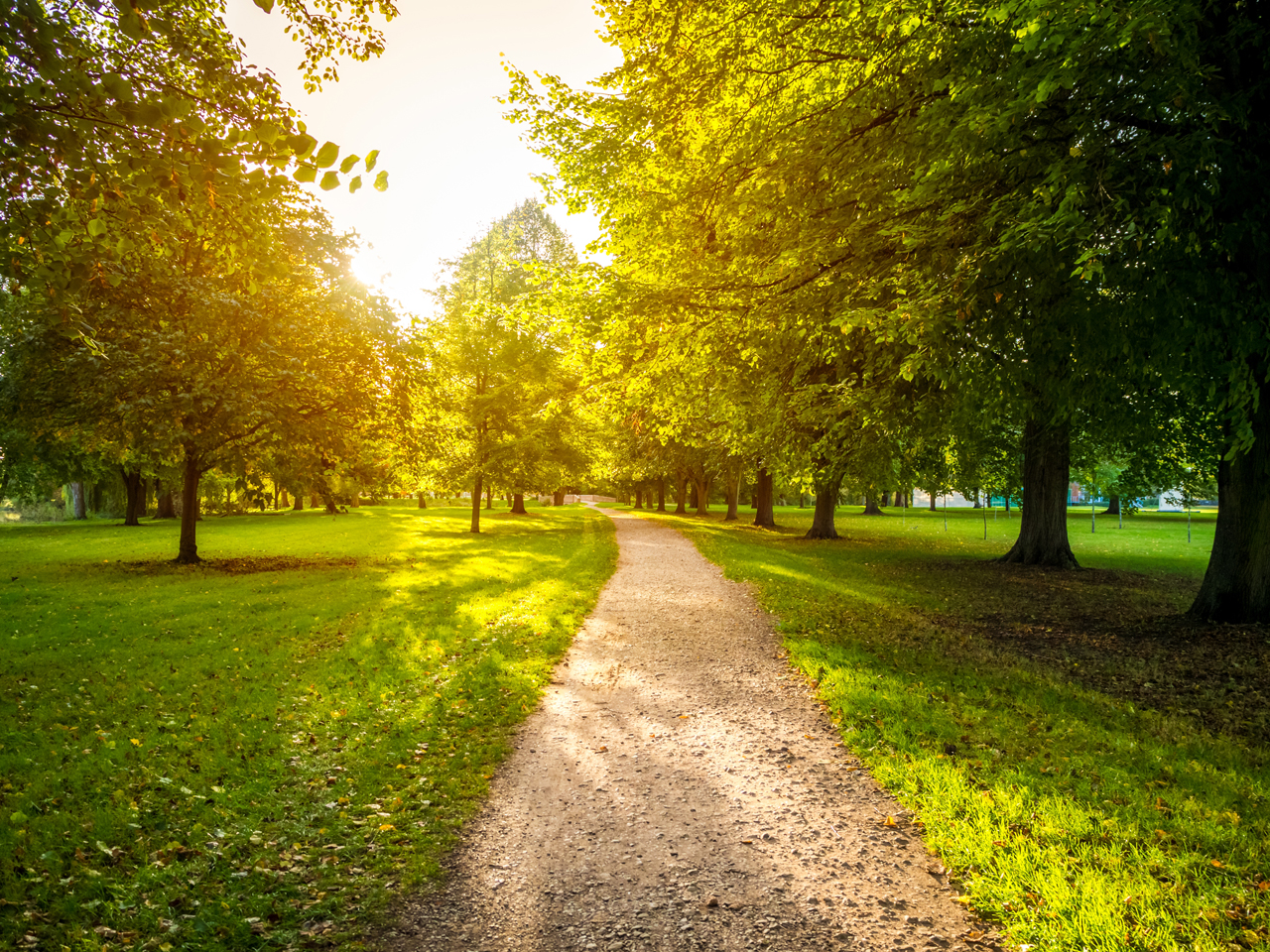
Anyone who comes back here now and again will come to realize that this is a mixture of mission and message… 🙂
I love to share my knowledge, I sometimes watch my contemporaries and feel that they suffer from similar worries as I did – or do at times.
So, I write about it. Which does not mean I ‘go through it’ myself. Necessarily. People, writers and myself – we, they – write or create a lot of writing that reflects thoughts, ideas or realizations.
A little like Woody Allen movies, actually: It’s a sublimation of thoughts, ideas and observation as well as reading…. with a few biographical aspects thrown in for ‘taste’… so it appears.
It may seem incongruous but I feel it’s part of the same thing: In these modern times, with working weeks reduced to less than the classical 40 hours of half a century ago, and considerably less than those 12-16 hour shifts people had to work in the course of the 19th century – I say, the weekends often are considered to be like a list of ‘must-haves’:
-
- ‘Must’ have fun. Lots.
- ‘Must’ have – physical encounters… Lots.
- ‘Must’ do amazing or awesome things… Lots.
And if you would not – you might doubt yourself. Feel inferior, and hide that too. Pretend. There’s a lot of pretension around, has been as long as I can remember, which is some time now…
In reality, if you really listen to what is inside, less is more. I have found this to be true for anyone who’s still able to connect with their human side: Sorrow or joy, they have the most chance to spread, if we listen to our innermost needs. Which can be:
Less is more.
Work, Life and Chance – Backgammon: The Game of Princes
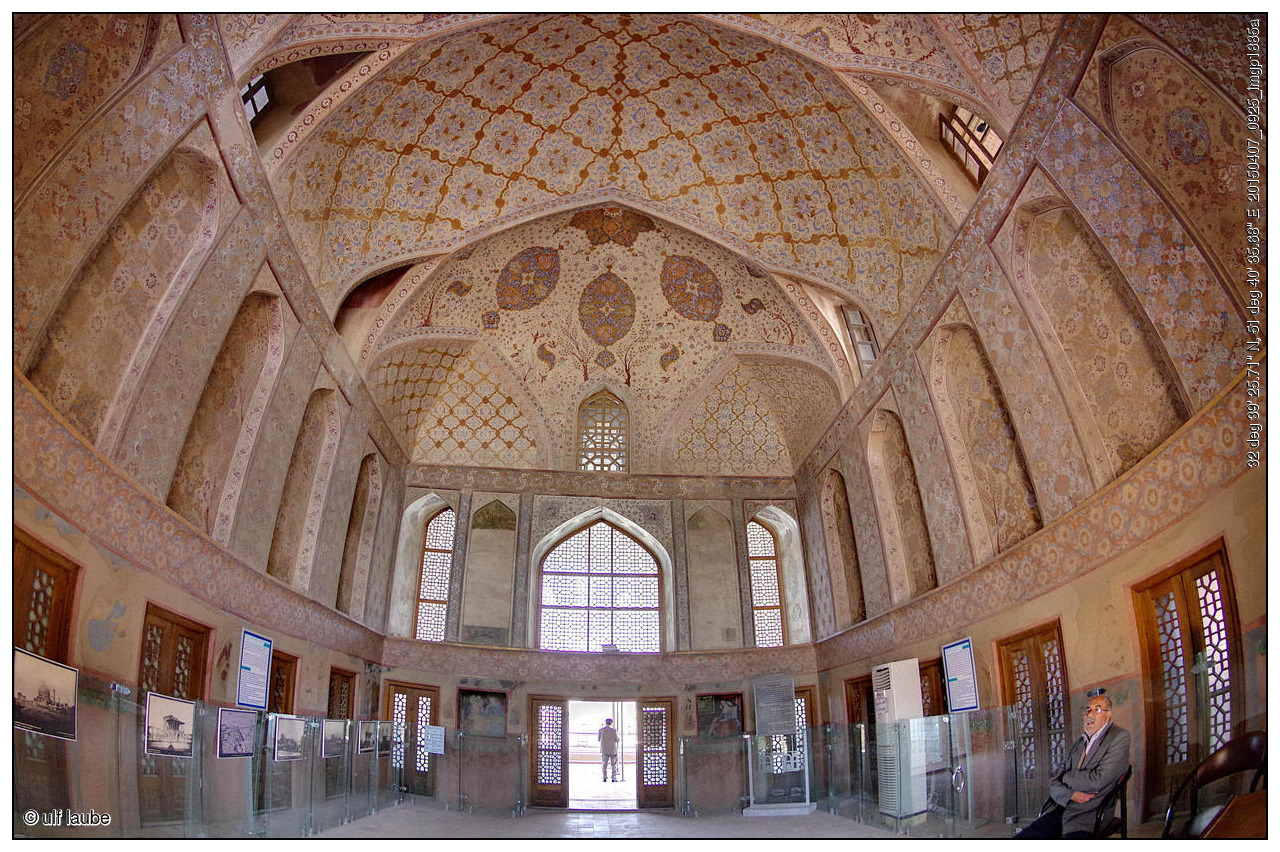
“Your life’s whatever you make of it.” That’s a popular phrase meant to bolster confidence – or even motivate employees… Well, there’s more to life than meets the eye at a glance. Anyone who’s gone through life longer than just a couple of decades has come to realize what Baz Luhrman so aptly said:
“Your choices are half chance. So are everybody else’s.”
Many smart comedians, philosophers and coaches will tell you that. It is actually a wise person who realizes it – it has been known for centuries if not thousands of years among people, mankind even.
There was a ‘modern’ urge when the civil society began to form that found one outlet in the possibility to emigrate to the USA, then dominions still. With a huge country apparently all there just to find your luck without any shackles or strings attached, the credo was: “Your life’s whatever you make of it.”
Was it, really?
Even the first settlers faced grave challenges, partly from indigenous peoples who wouldn’t all easily accept that land-taking by strangers. Bluntly put.
Additionally, so few conditions known, many pioneers just died from starvation due to completely different climate and soil conditions.
Yet, marketing and people who wanted to sell this idea and self-promoting methods as new ways to happiness and self-made wealth just persisted publishing self-help guides.
The idea of course is appealing. But in the long run it will lead to anger and frustration, because it leaves out all those chances life presents us all with: Recently we were all witnesses to it again on a huge scale, a pandemic, with millions of deaths.
We were lucky too, in many ways, in many parts of the world. But the long and the short of it is this:
Life is full of chances and conditions and surroundings that will make it easy or difficult to reach goals you wished to attain.
Sometimes, just knowing there is a philosophy behind it, summarized like this, can help:
“God, grant me the serenity to accept the things I cannot change,
courage to change the things I can,
and wisdom to know the difference.”
Here is a fine short documentary on the game of Backgammon and its vital difference to chess: Chess is like war. But Backgammon is like life: And it is thousands of years old. It was even used to teach princes at the ancient courts of Persian kings to be sophisticated and wise leaders of their governments.
We cannot control everything in life. A lot depends on luck and surroundings. But we can always try to do our best in any given situation.
It’s a German language version with English subtitles:
The Nerd, the Partygoer and the Bookworm – Perspectives and Judgement

Life can be full of surprises. Especially when you expect a certain degree of ‘sameness’, that is people to be the same as yourself, or at least very similar.
Common assumptions are based on a few, sometimes almost crude, differentiations and types, such as the types of the title: the nerd, the partygoer and the bookish type, the bookworm. Interestingly enough, as soon as you use these terms, people start coming up with images in their minds:
-
- The bookish type like the proverbial church mouse, grey all over, always buried in some book or other and perhaps even a little other-worldly. Not well-versed in the ways of the world.
- The nerd, to my mind to some extent the modern version of the bookworm: Always having something or other to do with a digital device, the laptop these days, a smart phone, a computer or any other digital device you can think of. Buried too, in a way in their work.
- The partygoer, a colourful appearance, rather talkative and even loud, attracting attention wherever they go, with pleasure, sometimes overdoing it a little, perhaps.
But these are the stereotypes. I am not saying they do not help. But if we use the stereotypes alone to judge people or to make sense of them, we may be mistaken.
There are not only ‘sub-types’. There’s usually more to human life and needs or wishes or dreams than just the external signs or the typical behaviour you may conclude because that’s all you are looking for.
In other words: Human beings and life are rather more colourful than a party dress.
‘There is more to it than meets the eye’: One might think of icebergs, the bulk of their mass is below the surface.
Try the kaleidoscope, it’s a favourite image I use to make my point. There’s black, white, green and red. But there are so many more colours to it, to life that is. There’s grey, gold and silver and heaps of others. And each comes in so many shades, too. (Not just shades of grey. 😉 )
I am a person who always has loved books, for me reading is like talking in my head. I hear language I write practically the same way, too, the same way I hear spoken words: With melody to it.
I know not everyone is the same; some people just do not like books or reading that much and avoid it if they don’t have to. I respect that.
I think it is vital for a peaceful existence to accept diversity, the truly colourful existence on this Earth, of humans as well as any other living or breathing entity.
A Veritable Credo

The basics…? Food, dry shelter and clothes. Beyond that? Humans need company to feel accepted. To feel as part of a whole.
To get beyond acceptance and beyond the basics many people are prepared to do almost anything. Attention which is equalled with special acceptance is at the centre, often half-conscious. Depending on the culture, wealth may be put at the top of the list.
The bucket list?
To me, life can be full of pain, cruelty and suffering. In order to make life bearable or even wonderful, we would want to avoid pain for others and for ourselves.
Any wise book in this world you may want to try will put it in so many words. Philosophers as well as business reckonings as well as the great books of the four biggest world religions contain these elements in principle:
Life can be dreadful and it can be wonderful. We, as grown-up human beings are largely responsible for what we do and how we treat others on life’s journey.
We can see it as one big race. But, as Baz Luhrmann put it so wisely, “the race is long but in the end it’s only with yourself.”
There are times when some people wonder what to do, what to put at their list’s top.
In that case I would like to put it this way: All four religions and their central books/scrolls have their strengths and weaknesses, some parts of them having been discussed for centuries.
But, in order to live together in this world that depends on us being smart and compassionate and remember our ancestor’s ways of honouring nature – the human rights of the United Nations can be considered the best possible foundation, a rock of truth as it were, to measure everything else by – and with.
Your yardstick.
After that, the basics. And laughter, kindness and joy shared. Love.
Iran 2022 – The Protests for Civil Freedom and Equality
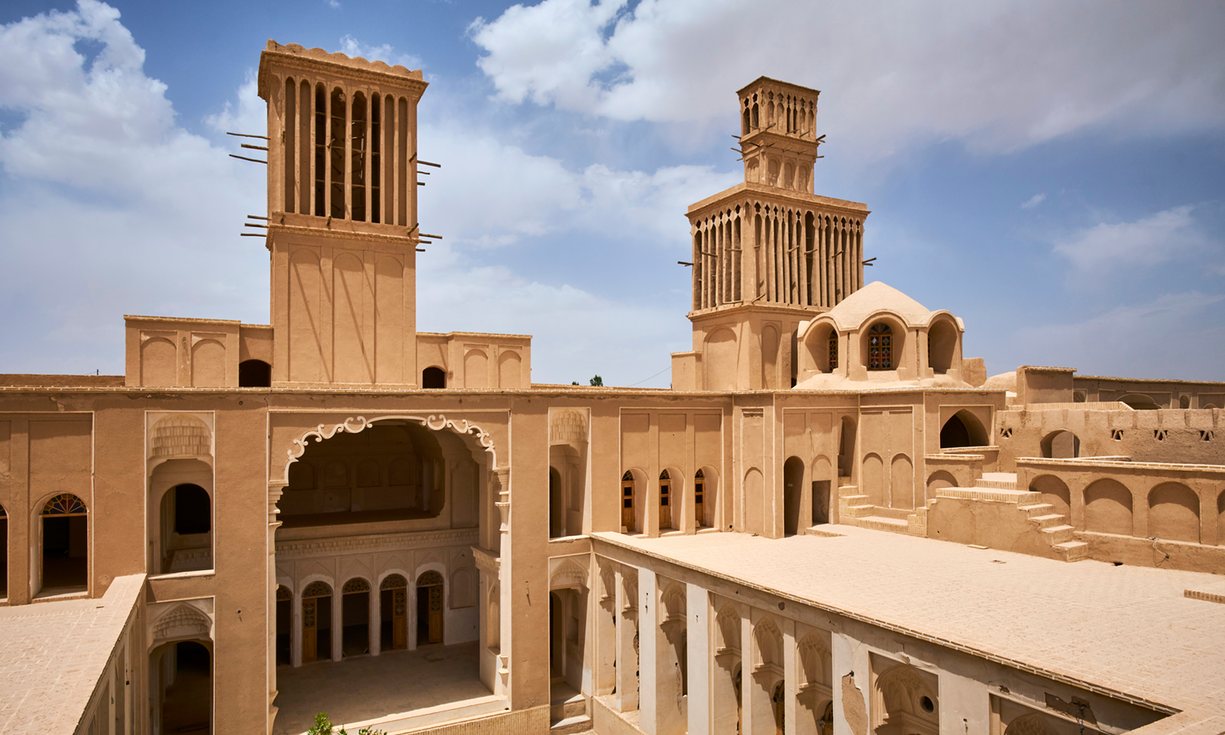
Iran: A wonderful country of thousands of years of culture, tradition and cuisine, as well as a highly developed sense of community; a unique, Indo-European language; some of the most wonderful poems by world-famous poets come from there. Almost all of them were largely apprehended and adopted in new forms by European poets, such as Goethe and his “The West-Eastern Divan”.
Hafez who inspired it, also is widely known all over the country of Iran. People put the book of his poems in a central place on the highest festival of the year, ‘Nowrooz‘ – the spring festival dating back over 3,000 years. Or the epicurean poems by Khayyam, to name only two larger-than-life figures.
The main language ‘Farsi’ (Persian) has been preserved over centuries of being conquered and occupied.
Architecture, crafts, painting, music, hand-knotting of rugs – the finest worldwide – there’s almost no field you could mention in arts and crafts that hasn’t great works to offer.
One of the oldest religions, root for all theologies that are monotheistic, Judaism, Christianity and Islam, comes from there: Zoroastrianism
Compared to the long history of all of it the Islamic Republic is comparatively young: A little over 40 years ago now, the clerical part of the society took over power. Clerics had always been one part of the power factions throughout Persia’s – or by its younger name ‘Iran’ – long history, especially since the 16th century AC by Western reckoning.
The people now protesting in the streets of Iran and risking their freedom and even their lives have been raised to another movement of protest by the death of a young woman; a student, who was detained by the police for not wearing the ‘hijab’, the headscarf mandatory to wear for women in public places or in the company of men other than close family.
The civil rights in Iran have been a sad story to say the least ever since the revolution of 1979. Things hadn’t been easy before. The Savak, the Shah’s secret service was present everywhere.
But things became worse, in many respects, after 1979.
This is a reminder to all who care: Iran is worth it, every day. More civil rights and the basic human rights would be a start.
https://www.youtube.com/watch?v=N97ZLq1Y-dE
The song above states the reasons for the ongoing protests. Hashtags as sources the singer assembled the Twitter-posts of protesters and made this song called ‘baraye’ = ‘for’…
It was published originally on Twitter or Instagram. It has been retweeted 153 million times, so the information on another retweet I have a URL to. Since I am not a Twitter member myself, I use this post that adequately translates the Persian words with English subtitles on youtube. The singer has been arrested.
Cruel Attack on Salman Rushdie – Award-winning Writer
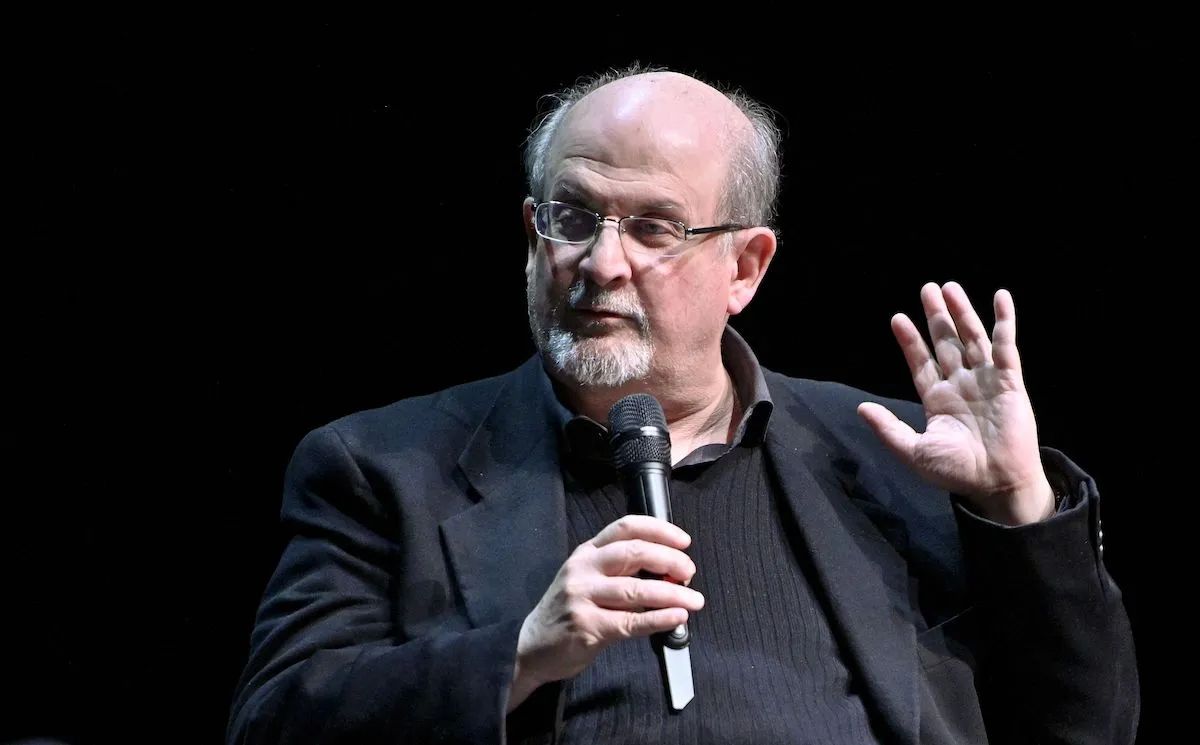
After all this time someone managed to hit, cruelly: Salman Rushdie, wonderful poet and writer of award-winning books was attacked on Friday with a knife and hit 10 times. At the moment of this writing he seems to be out of danger. I hope he will recover and heal mind and body to come out even stronger than before.
The darker side of any religion sometimes is revealed in such acts: Manipulated simple-minded people who actually believe that freedom of press, opinion and religious following could be considered a sin, exist. They existed in ancient history when Muslims and Christians killed each other in the ‘Holy Land’ apparently over who would own it.
When it really was about power in that region and trade ways as well as roads.
In ancient times and these days: Any religion can be abused to manipulate people into cruel deeds, into following someone for the sake of simple solutions in words, in order to feel special, in a dangerous, deceptive safety of woolly-headed idolatry.
The only way out of what Plato described in the cave allegory: People sitting in a cave, with the entrance behind them, a slight elevation and a light on it between, watching the cave walls. Life and its figures passing by the entrance outside, to such humans appear like flickering shadows on that back wall.
To leave that cave of misinterpretation and age-old manipulation means: Train your mind.
Learn about thoughts and ideas. Understand that humans need to respect each other in order to be able to live in a world of peace and joy. To be able to even let their dreams come true which might be just – to live and let live in peace of mind.
To watch over human rights as declared in the Human Rights Declaration of the United Nations – is without alternative!
